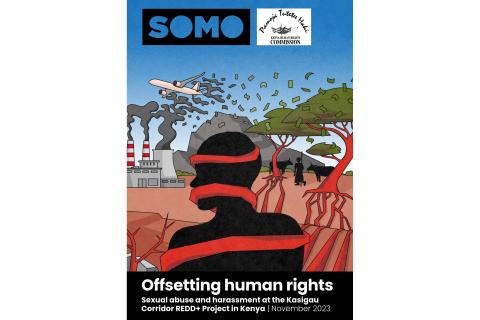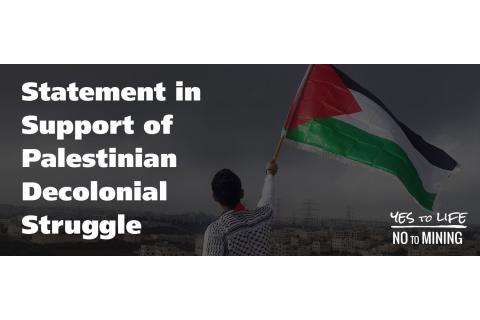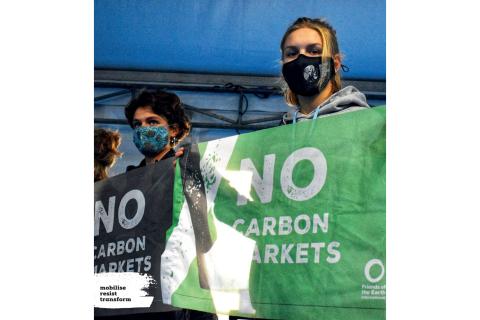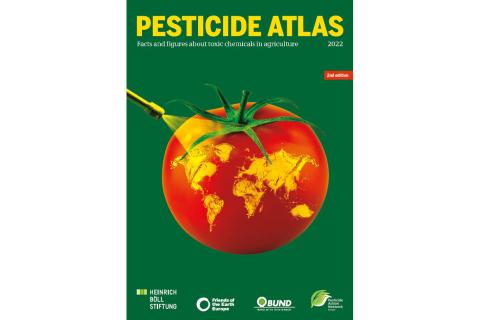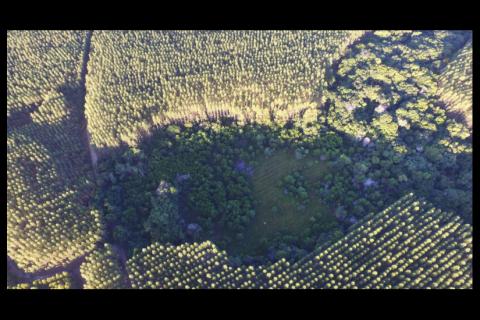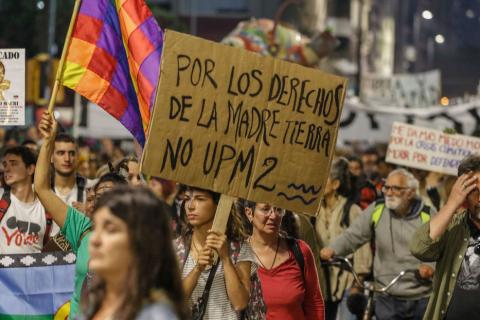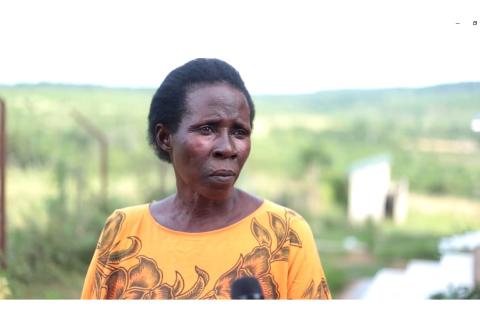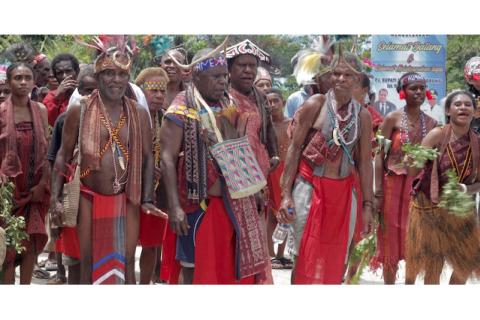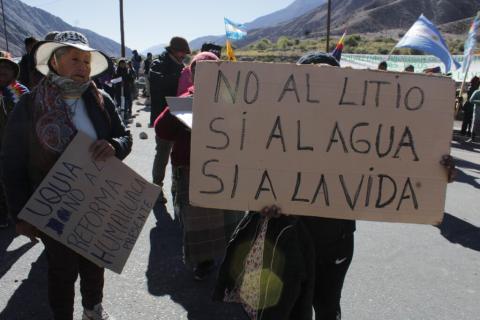In the wake of a year filled with scandals involving REDD-type projects, this report by SOMO released in November 2023 reveals that the North American company Wildlife Works is responsible for serious human rights violations in its Kasigau project, in Kenya.
Other information
Members of the Yes to Life, No to Mining network, with others, expressed their solidarity with the people of Palestine and its struggle for self-determination by means of a statement making the connection between colonialism, mining, militarization and war. The Statement is still open for signatures.
Friends of the Earth International made available a very useful tool for organizations and activists that oppose false climate solutions.
The material presents a broad overview of the theme, with data on use and impacts of agrotoxins on agriculture, health and the economy, among others.
The network released an open letter in which it denounces the impacts of the plantations and the crimes committed by the companies. At the same time, they demand reparation and reaffirm resistance against tree monocultures.
One of the pulp plants of the Finnish company UPM spilled one million liters of caustic soda into the Sauce stream, a tributary of the Negro River, in Uruguay.
The video "Uganda: Resisting Industrial Oil Palm Plantations" is now available in Bahasa Indonesian. It highlights the resistance of communities in Buvuma Island, in Uganda, where the Bidco company (partially owned by the transnational Wilmar company) is trying to expand its oil palm plantations.
Alamindo Lestari Sejahtera (ALS) Group, that owns and controls at least three timber companies and industries in Papua, is expanding the business of timber forest products exploitation in the customary area of the Moi Tribe through a company called PT Hutan Hijau Papua Barat (HHPB).
In Jujuy, in northwest Argentina, indigenous communities and workers from different sectors are fighting against a provincial constitutional reform that was approved in June 2023. The reform enables lithium extraction in indigenous territories and criminalizes social protest, among other rights violations.
DW news portal investigated ongoing socio-environmental conflicts in Brazil related to Suzano, which manages over a million hectares of eucalyptus plantations across the country and plans to almost double that in the next decade.
An article from ProPublica exposes how the World Bank Group is backing up biodiversity offset projects via its arm that works with private companies, the International Finance Corporation, which has funded at least 19 with biodiversity offsets.
The Brazilian justice system annulled the registration of two properties of Agropalma, the largest sustainable palm oil producer in the Americas, due to the fact that they were usurped lands.
